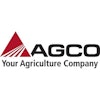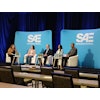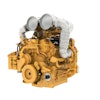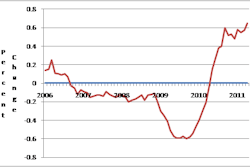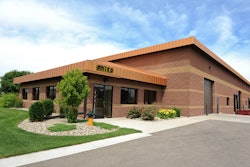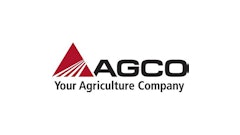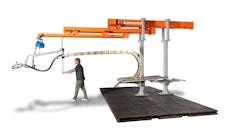It seems that with the turmoil going in the machinery markets over the past two years we would have seen a rapid consolidation of manufacturers. Instead we’ve witnessed a slow crawling pace of consolidation that parallels the somewhat anemic economic recovery in the U.S.
In the beginning of the Great Recession, the industry was already very concentrated. Five manufacturers sell 80% of all the earthmoving machinery in the U.S. The balance of the manufacturers split up the remaining 20%. There are about 260 ownership groups that own the distribution that controls that 80%.
Up until the recent purchase of a chunk of Oshkosh Corp. stock by corporate raider Carl Icahn, the acquisitions have been strategic—meaning manufacturers buy companies to expand their product lines to be sold through their existing channels-to-market. Oshkosh management has said they will talk with Mr. Icahn. In the past he has tried to force management of companies he’s targeted to sell off unprofitable operations and break up the business. At this point no one is certain what tactic he’ll use with Oshkosh.
Terex’s recent purchase of Demag Crane is an example of a strategic acquisition. The addition gives Terex a full range of crane and lifting products for both construction and industrial applications.
Caterpillar’s purchase of Bucyrus International is another example of a strategic purchase, as is Joy Global’s purchase of LeTourneau from Rowan. In addition, Joy recently made a bid for a Chinese underground mining equipment manufacturer.
There is also the tidying up of previous acquisitions for cost reduction purposes such as Manitou’s absorption of Gehl Corp. into the parent company and consolidation of offices, manufacturing facilities and people.
The looming China
Many people have expressed concern that the Chinese will enter our market and cause price problems. The reality is that only a few of them are capable of building machines that conform to U.S. Tier 4 Interim and Tier 4 Final emission standards. If they import Tier 4 engines from the U.S. and install them in China they quickly lose their cost advantage.
Besides engines, many of the excavators and wheel loaders built in China are equipped with hydraulic systems built in the West and imported. Furthermore, Chinese manufacturers have been focused on their once burgeoning home construction market. The few that have entered the U.S. market, such as Sany, LiuGong and Zoomlion, have found it tough to establish sales networks because so many dealers are allied with the major manufacturers in exclusive distribution agreements.
It is more likely we will see considerable consolidation among Chinese manufacturers. The Chinese government is trying to slow the pace of construction in China in order to control inflation. That effort has resulted in recent (April and May) month-over-month declines of 20% to 30% for excavators and wheel loaders. Government credit tightening has put some of the manufacturers into cash flow distress because lot of the spectacular machinery company growth was paid for with loans.
The loan spigot has been turned off. Since most of the machinery manufacturers in China have some government ownership, it is likely the government will force some mergers. Perhaps the Western manufacturers will help do some of that consolidating.
Two Chinese manufacturers have attempted acquisitions in the industrialized world. XCMG is in the process of purchasing two hydraulic component manufacturers, one in Germany and the other in The Netherlands. LiuGong tried to purchase the Polish state-owned HSW, but the deal apparently fell through over a dispute with HSW employees over pay increases and bonuses. In my view Chinese companies have a long way to go before they start to take major chunks of market share from western companies in their home markets.
More than likely, the next major round of consolidations will not be among equipment manufacturers but will be among distributors and rental companies. As contractors move forward with projects, they are likely to favor rentals over outright purchases. That will put tremendous financial strain on distributors who must maintain shop repair facilities, parts inventories, new machine inventories and a rental fleet to satisfy their customers’ preference for rentals.
The recovery from this recession will favor rentals and rental companies. The large national rental companies have ready access to capital and will be able to make the capital expenditures that will be required.

